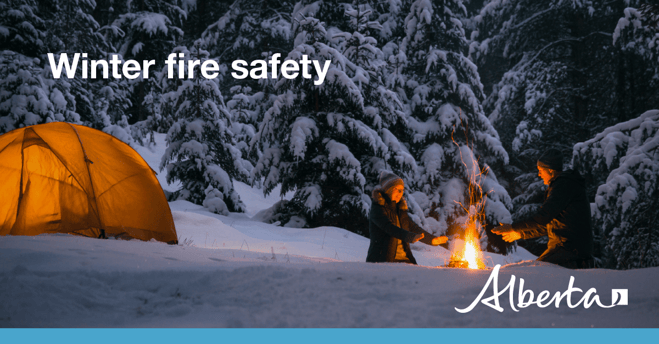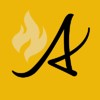
The wildfire danger level is LOW in the Fort McMurray Forest Area.
If you see smoke or flame in the forest please call 310-FIRE (3473).
FORT MCMURRAY FOREST AREA WILDFIRE UPDATE
There are currently no active wildfires in the Fort McMurray Forest Area.
Since January 1, 2024, 104 wildfires have burned approximately 288,876 hectares (ha) in the Fort McMurray Forest Area.
Applications for Wildfire Community Preparedness Day are now open! Wildfire Community Preparedness Day gives neighbourhoods and communities the opportunity to receive a $500 award from FireSmart Canada, along with an event kit to help make your event a huge success. Starting a FireSmart conversation in your community can feel overwhelming at first, but Wildfire Prep Day is designed to help you begin your FireSmart journey or continue the incredible work you’re already doing.
Don’t miss out on this opportunity! Apply for your chance to receive $500 to support a FireSmart event or project on your street or within your community. Alberta has contributed additional funding this year, enabling as many Wildfire Prep Day awards as possible for 2025.
You can find more information about Wildfire Community Preparedness Day here:
https://firesmartcanada.ca/programs/wildfire-community-preparedness-day/
FireSmart Canada has provided a range of resources and a toolkit to help you with your application or plan your event:
https://firesmartcanada.ca/programs/wildfire-community-preparedness-day/wildfire-community-preparedness-day-resources/
Apply here! Applications close on January 31, 2025!

Winter Burning
From November 1 to February 28 fire permits are not required for burning in the Forest Protection Area of Alberta. However, you are still responsible for any fires you ignite outside of the wildfire season.
Safe burning guidelines for winter:
Before You Burn:
- Winter burns should be conducted in areas with sufficient snow cover of more than 15 cm and burns must be monitored the entire time.
- Ensure smoke warning signs are in place before burning within half a mile (800 m) from a roadway. For more information on smoke management and to acquire signs, contact your local municipality. If you are outside of a municipality, contact Alberta Transportation.
- Read over the recommended practices for placement and instruction of a “Smoke Ahead” sign.
While burning:
- Have someone monitoring the burn the entire time – if it escapes, immediately report it to 310-FIRE.
- Only burn what you can control with the equipment and people you have available, and adjust your burning according to weather conditions.
- Build it right. Brush piles or debris windrows should be free of soil and with a fireguard or cleared land around it to stop the spread of fire.
After you burn:
- Spread remaining material within the pile and soak with water as required.
- Check the area and ensure both heat and smoke are no longer being produced by the pile – it should be cool to the touch.
- Check your burn site multiple times in the following weeks to ensure it has not reignited.
Smoke Safety
While winter is a safer time for burning due to reduced wildfire danger, it's still essential to take necessary precautions, such as monitoring the weather to prevent smoke from adversely affecting surrounding areas.
On particularly cold winter days, inversions and other weather factors can cause smoke from a winter burn to stay close to the ground and travel great distances. An inversion happens when cold air is trapped near the ground by a layer of warmer air above it. Inversions can cause dangerous driving conditions and impact nearby communities.
When burning in winter:
- Refrain from burning when an inversion is in place or is forecasted.
- Consult local municipalities and authorities on how to mitigate impacts when undertaking larger winter burning projects near communities or road ways.
- Actively manage burn projects to reduce disposal time and smoke impacts.
- Burning debris in stages will allow you to adapt to changing weather conditions and reduce smoke.
- Monitor weather conditions: lower temperatures and lighter wind speeds can result in stronger inversions. The ideal conditions for burning are typically days with average temperatures and wind speeds over 5 km/h.
For more information, see brush piles and windrows: safe burning practices.
CONTACT:

RELATED INFORMATION
- Alberta Wildfire
- Alberta Fire Bans
- FireSmart in Alberta
- Alberta Emergency Alerts
- Air Quality Health Index
- Wildfire Smoke and Your Health
- 511 Road Reports
- Emergency Preparation
Join the conversation on
DOWNLOAD OUR APPS
Alberta Wildfire App for Apple or Android and Alberta Fire Bans App for Apple or Android.
